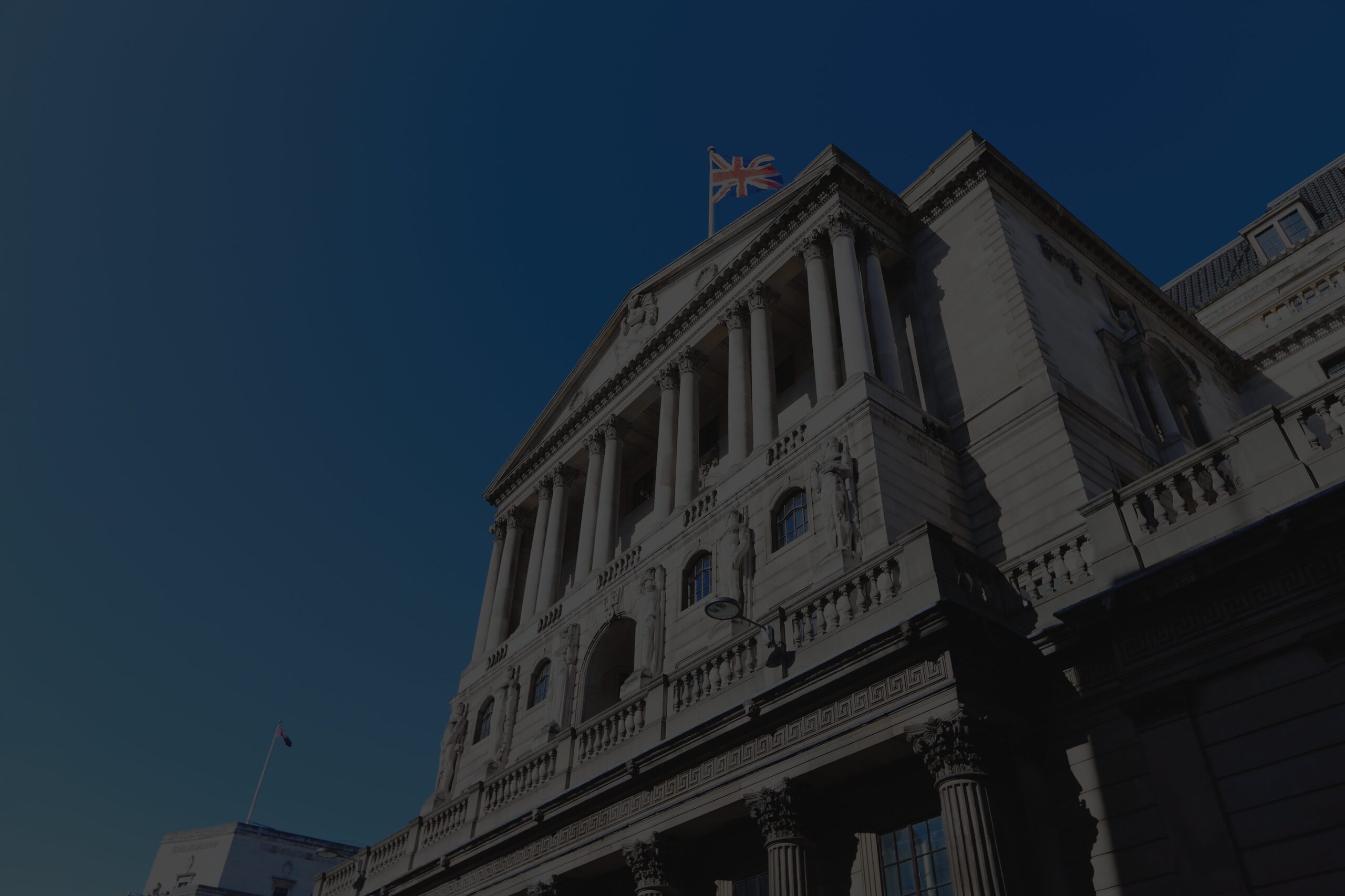What is Coronavirus, and which countries are affected?
Covid-19, is an individual virus and is part of the coronavirus family. While there was no name for the new virus, people were calling it coronavirus and the term has stuck.
Covid-19 origin and spread
It’s not 100 percent clear how the virus originated but Covid-19 is very similar to the coronavirus that bats get. An immunology and microbiology scientist, Kristian Andersen, PhD, thinks that an intermediate host facilitated the spread from bats to humans.
The reason the impact is so vast is that humans have had no contact with it before. We lack immunity against it and is why so many people have, and will likely become, infected and die from the virus.
Affected Countries
On March 22, China was the most affected country with 81,054 confirmed cases, followed by Italy with 53,578 and the USA with 29,214. However, it is difficult to compare the total figure from one country to another. As an example, China only reported severe cases, and did not include people that had tested positively but did not have any symptoms. While Italy reported more groups than only severe cases as China reported.
The country with the highest number of Covid-19 cases and deaths is changing as the virus spreads. At the time of writing the pandemic is still out of control.
Covid-19 Symptoms and transmission
Some of the typical coronavirus symptoms are fever, dry cough, and fatigue, while more uncommon symptoms include nasal congestions, sore throat, and headaches.
It’s not 100 percent clear how the Coronavirus is transmitted. The World Health Organization has recommended to regularly and thoroughly clean your hands with soap and water, or an alcohol-based hand rub. They also recommend that you do not touch your eyes, nose, and mouth as you might have the virus on your hands.
Social distancing is also important, and you should keep at least one meter away from anyone else, especially those that are coughing or sneezing. This is to avoid coming into contact with small liquid droplets from their mouth or nose that could contain the virus. If you’re unwell, then you should stay home for at least seven days, according to the UK government.
Economic Impact
Economically, the pain caused by Covid-19 is substantial as countries opt for draconian measures to stop the spread. Countries have demanded their citizens stay at home and not go to work. This has led to unemployment increases and a drop in GDP as factories and workplaces shut down.
China was the first country to shut down, and annual China Retail sales dropped by 20.5% in February, from positive growth of eight percent in January. Annual industrial production declined by 13.5% in February, after growing 6.9% the month before. Unofficial economic trackers by the Financial Times suggest that the Chinese economy was growing about 25% lower than normal for this time of year. To support their findings they looked at power plant coal consumption, container freight, traffic congestion, air pollution, and Box office admissions.
In the US, approximately 3.5 million people lost their jobs in a single week as people stayed at home. This was by recommendation of the government in order to curb the spread of the virus. The Coronavirus’s big impact on the world economy had, therefore, an even greater impact on the world’s financial markets, as investors tend to overreact.
How has Coronavirus affected major indices?
Major indices have declined sharply and very few companies have been spared. Investors sold stock indices ahead of the anticipated lockdown of economies and higher unemployment rates.
In the following section, we will take a look at the Dow Jones, Dax Index, the FTSE 100, Hang Seng, FTSE MIB, and the Nikkei 225.
Dow Jones
When the Coronavirus started to make headlines in late January, the Dow Jones brushed away the concerns. That changed once the China PMI declined to a record low and Covid-19 spread in Italy. The Dow Jones started declining from its 2020-high, with the index being down by 35.7% on March 22, 2020. The index traded at its 2016 levels, as the virus spread uncontrollably in the USA, causing people to sell the companies that make up the Dow Jones.
DAX Index
On March 23, 2020, the DAX index was down by 37.7% from its 2020-high of 13,836, and had given up seven years of profits as it traded at its 2013 levels. Lufthansa, Germany’s biggest airline and a component of the DAX 30 index, had lost 73% of its value from its 2017 high, and the CEO Carsten Spohr, said: “The Lufthansa Group after the crisis won’t return to the old normal status and just continue flying as usual, we react twice as strongly to changes in the world economy. Lufthansa Group as a result will shrink.”
FTSE 100
The FTSE 100 had, like many other developed stock indices, declined strongly on the Coronavirus shutdown, and was down by 37.5% from its 2018 high on March 23. Further uncertainty for the UK as the EU head Brexit negotiator, Michel Barnier, contracted the new virus. The UK Brexit negotiator David Frost has also self-isolated himself with Covid-19 symptoms at the time of writing.
Hang Seng
The Hong Kong stock index, the Hang Seng, was down by 35.2% from its 2018 high. The index had stabilized from mid-2018 as the pressure from the US-China trade war tensions abated, however, on the outbreak of Coronavirus in China, the index had fallen by 26% and was trading at 2016 levels.
FTSE MIB 40
Italy is the epicenter of the second leg of the Coronavirus spread after China. The government was slow to react at first, but on March 9, they forced the country to shut down. This did slow the momentum of the Covid-19 spread however, we saw little support for the Italian stock market index. The FTSE MIB, and the index was down by 40% from its 2020-high of 25500, giving back eight years of gains.
Nikkei 225
The Japanese stock market index, the Nikkei 225 was down by 30.92% from its 2020 high on March 23, and trading at 2016 levels. The Bank of Japan has pledged to increase asset purchases and support struggling banks. The markets appeared to have ignored the news as the focus remains on the Coronavirus spread in the US. Next up for Japan is the probable cancelation of the 2020 Olympic games.
How has Coronavirus affected major Forex pairs?
The coronavirus pandemic has caused large volatility and uncertainty in the currency market. The USDJPY and EURUSD have been on quite the roller-coaster as both experienced significant bullish and bearish breakouts. With investors first stockpiling Euro’s and Japanese Yen, only for the trend to reverse and the Dollar receiving a major boost.
GBP/USD
The British Pound, GBPUSD, managed to keep its gain as the Euro slid at the start of the year vs. the Dollar. However, on March 9, when Italy chose to lockdown, the GBPUSD embarked on a sharp decline that took the price from 1.3200 to 1.1441 in nine trading days.
While other European countries decided to lockdown to protect their elderly population, PM Johnson and his advisors adopted the strategy of “herd immunity.” This means that you allow about 60% of the population to get infected with the new Coronavirus in order to build resistance. Later, they changed their strategy as research showed that up to half a million people could die in the process. The government then asked people to self-distance themselves.
Another strain on GBPUSD is the threat of a no-deal Brexit. The Chief EU Brexit negotiator attracted Covid-19, and so have members of the UK delegation, all increasing the likelihood of a hard Brexit by the end of 2020.
EUR/USD
The EURUSD pair experienced a volatile start to 2020. At first, the price declined as the American economy was outperforming the Eurozone. Volatility increased as coronavirus hit and from February 20, the price rose by 725 pips.
Then precisely one month later, the price gave up all the gains and reached a new multi-year low of 1.0638. From its 2020-high, the EURUSD had lost 861 pips.
The move upwards from February 20, appears to have been because of Euro borrowers. Who rushed to hedge their positions by buying Euros as Italy was about to close down. Later when the coronavirus panic spread to the U.S. the demand for Dollars surged, and EURUSD collapsed.
The Federal Reserve was then forced to introduce Dollar Swap arrangements with banks to provide dollars to firms and investors that required it.
USD/JPY
On the heels of the coronavirus crisis, the USDJPY experienced a roller-coaster ride, much like the EURUSD pair.
On February 19, the USDJPY exploded higher as rumors circulated that the 2020 Olympics in Japan would be canceled or delayed. It reached a high of 112.24 before a mere 17 days later, tumbling by 1052.9 pips to a low of 101.17. Then the price clawed back almost 100% of its losses in 14 days. The move higher was motivated by higher US government bond yields, and a general shortage of US Dollars worldwide.
GBP/JPY
Trading in the GBPJPY was relatively quiet until February 28 when the pair breached the 140.75 to 144.92 range. From 140.75, GBPJPY plunged by 1660 pips or 11.81%, which is a huge move for a currency pair.
The Japanese Yen is considered a safe haven currency and tends to see support at the time of crisis. The Bank of England also rushed to cut their interest rates and did so in an unannounced meeting, which further dented the value of the British Pound vs. the Japanese Yen.
How has Coronavirus affected major commodities?
Gold prices rallied on the news of coronavirus spreading, however, as the crisis escalated, it was cash that drew interest from investors as we saw stocks, gold, and treasuries decline. Crude oil prices followed a more traditional path as prices lowered due to the demand for crude oil plunging. This happened at nearly the same time as crude oil production was set to soar as the OPEC+ group failed to set joint production quotas.
Crude oil prices
Crude oil prices started to trade lower around January 21, when news broke about the fast-spreading Coronavirus in China. At that time WTI crude oil prices were trading around 59 dollars per barrel.
The price reached a low of 49.50 dollars in the first week of February, as the momentum of Covid-19 in China slowed. During this time, the Shanghai Composite started to trade higher.
A few weeks later, OPEC and Russia tried to agree on an oil production decrease as the demand was slowing because of the Coronavirus. No agreement was made, and instead, they dissolved the pact that they had entered, meaning everyone was free to produce as much as they wanted.
Saudi Arabia decided to punish the rest of the crude oil producers by providing discounts of about 6 to 8 dollar per barrel vs. the Brent Crude oil benchmark. WTI crude oil price declined by about 26 dollars per barrel or 56.75% from the March 6 open price of 46 USD. At the time of writing, the price was down by 66% from its 2020 high.
Gold prices
Gold acted as a haven asset as the Coronavirus engulfed the world, and the price rose by about 8.26% or 130 USD per ounce from late January.
As the gold price reached a high of $1703.66 on March 9, it started to lose momentum.
Hedge funds and investors tend to balance their positions by holding stock markets, bonds, and gold. However, as the Dow Jones was down by 20% from its 2020 high on March 9, investors started to book profits in gold to cover their equity losses, causing gold prices to soften.
Around the same time, the EURUSD also peaked, so the move lower in gold prices was also due to the surge in demand for Dollars.
It is not clear why the Dollar surged, my theory is that holders of dollar loans needed to hedge their positions, of which were very large. According to the IMF, lending in dollars by foreign banks reached 12 trillion dollars in 2019, which is 56% of US GDP, a significant amount, this could explain why we saw such a rush to the dollar and in turn affect the price of gold.
How has Coronavirus affected the stock market?
Stock markets have been crushed as measures to combat the coronavirus have changed the way we live. At the time of writing, March 23, the people of Europe had already been under lockdown, and the US was following. As people stay at home, they can’t consume as they normally would. This has caused entire industries such as hotels and airlines into mass redundancies or simply, collapse. In China, things have begun to go back to normality as the economy has started to bounce. The closure of Europe and the USA has caused increased volatility in the markets and offers trading opportunities, depending on how you think the coronavirus crisis will develop.
Netflix, a “stay at home” stock
Netflix is one of the few shares that are up in 2020. It’s anticipated that they’ll see an increase of users in the coming weeks, as people are forced to stay at home.
The stock has not been without volatility, and from its 2020-high the share was down by 28% on March 17, only to recover to 10% down on March 23.
You can find Netflix under the ticker #NFLX on the ATFX trading platform.
Ocado UK, a “online supermarket” stock
Ocado PLC is a UK online supermarket delivery company that has seen unprecedented demand in the weeks leading up to the UK coronavirus lockdown. Today, its waiting list for delivery is a number of weeks compared to the normal next day service. At one point, customers were waiting for hours online just to place an order. Ocado’s latest move is not to accept new clients. Ocado was down 22% on the year in March, but later surged by 56% from its 2020-low.
Find Ocado under the ticker #OCDO.
Lufthansa, an “airline stocks”
Airlines have been hit hard as people have been forced to stop flying. Some airlines, like SAS, have made up to 90% of their staff redundant to deal with the aftermath of no-flying.
Some airlines are even at the risk of being nationalized, which could wipe the holding of private shareholders. However, this has not stopped some investors to speculate on a bounce, because when the dust settles, people are bound to start flying again.
The question is, will Lufthansa bounce back and if it does by how much? Will it return to its glory days? The share price was down by 72% from its 2017 high on March 24, 2020.
You can find Lufthansa under the ticker #LHA in the ATFX trading platform.
3M, a “Facemask stock”
The 3M Company has surged in google searches as their protective face masks are used by health care staff and the public to protect themselves from Covid-19.
What is missed is that 3M is a well-diversified firm, which offers about 60,000 products, with facemask making up a small percentage of their total sales. Many of their factories are in China, which saw limited production due to the virus, so for the firm, a booming economy is more important than increased mask sales to their business. Their share price consequently dropped by 54% from its 2018 high at the time of writing, March 23, 2020.
You can find 3M under the ticker #MMM in the ATFX trading platform.
Interesting times ahead
As highlighted, the coronavirus, Covid-19, has had a huge impact on people’s lives, the economy, and the financial markets. With this volatility does come opportunities to trade the markets. Volatility brings both risk and reward so making sure you have a clear view of the market is important. If the coronavirus continues to spread and cause a longer-term recession, initial assumptions would be for further declines to stocks and crude oil.
While if things begin to settle down, as we’re seeing in China (at the time of writing, March 23), then stock markets could bounce, especially as governments and central banks are flooding the markets with liquidity. As for the Forex markets, the outlook will depend on which country can first bounce back, or if the situation turns really bad, which country is coping the best. What is your take on the markets? Take a view with ATFX.


